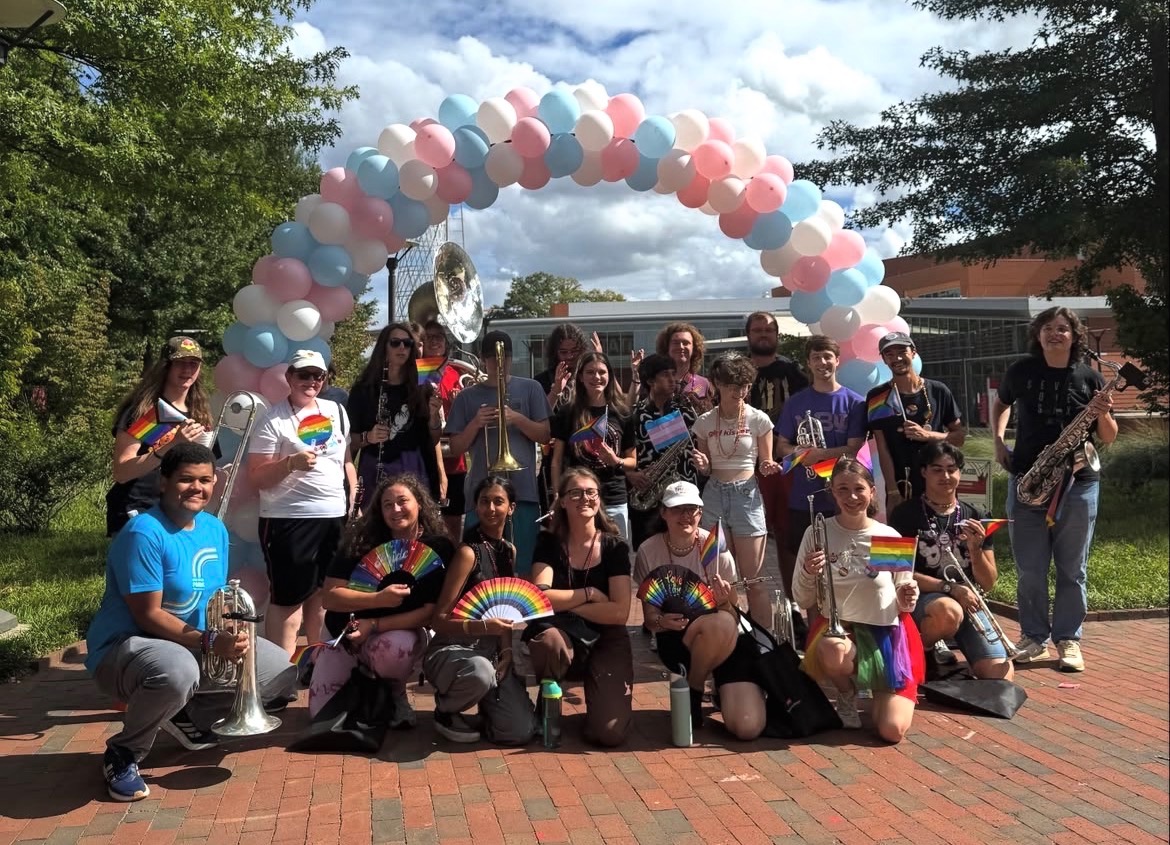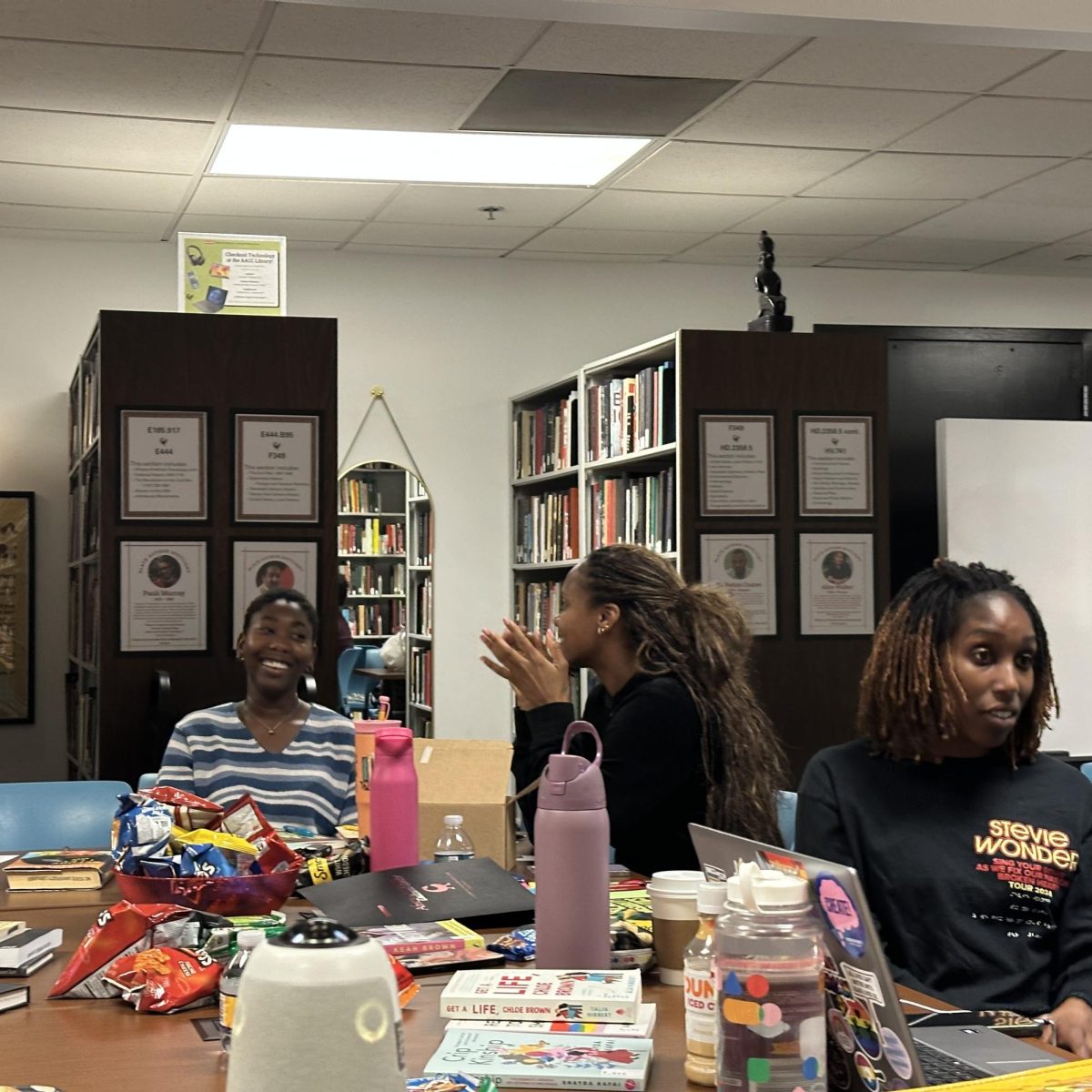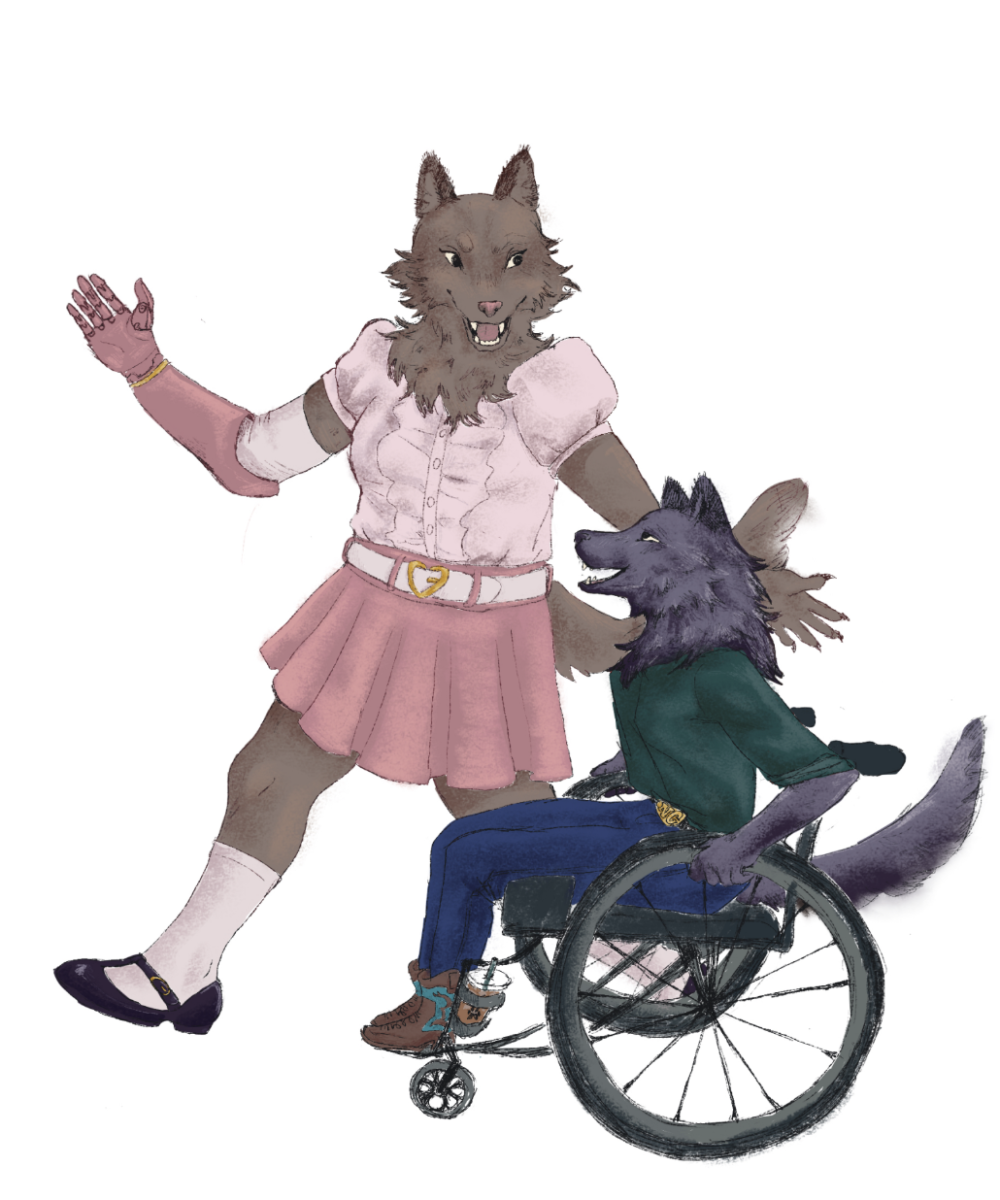The Wall Street Journal’s Ray A. Smith and Haley Zimmerman said this in an article on July 18. The Wall Street Journal article references research done by Automatic Data Processing (ADP) who has published multiple articles monitoring the job market in recent years, with the company’s media highlighting Raleigh’s growth.
Raleigh’s affordability and wages are above the 80th percentile, and the ADP article attributes the economic success of Raleigh to its positioning in the Research Triangle Park. Powerful universities such as UNC-Chapel Hill, Duke and North Carolina State University contribute to the growth of STEM research in the Research Triangle Park.
ADP Research and the Wall Street Journal have said their statements and cited their numbers, but the real conversations happen at home. Hiring starts with agencies in the Triangle and even with an economics professor here at State.
The Nubian Message was able to interview Mike Walden, a William Neal Reynolds Distinguished Professor Emeritus, as well as Melanie Stiles, Business Solutions Manager of Ultimate Staffing, a recruiting firm located in the Research Triangle Park.
How is the job market looking for entry-level jobs, in your opinion?
Walden: It’s going to be tighter, and I think that’s a result of the uncertainty in the economy. Businesses are trying to become more efficient because they’re looking at a rising inflation rate. So it doesn’t mean a college graduate cannot get a job, but I think it’s going to be much more competitive, meaning difficult, for any individual this year than it has been in most of the recent years.
Stiles: It’s a really tricky market right now. We are not seeing a ton of openings for entry-level recent graduates, only because a lot of companies are still not hiring right now; if they are, they might be back-filling a higher-level position. So it’s definitely a trickier time to be a recent graduate and a new graduate in today’s market because of all of the things going on with the government and the economy.
What could be the causes of the current unemployment rate?
Walden: The unemployment rate is primarily based on the growth rate of jobs compared to the supply of individuals seeking jobs, and the rate has changed a little bit over the last year. It hasn’t done much recently, but it’s in the 4% plus rate, which is not a bad rate — it could be, we’ve certainly had recent times spent much lower. And I think the main reason has to do with the hiring side, not obviously the supply side of potential workers, but on the hiring side, which then loops back to my answer, that businesses are uncertain. They’re trying to economize, which means that they’re going to look very, very closely at whether they want to hire more people. They are uncertain about where interest rates are going.
Stiles: I do believe it is just market conditions. I think that last year being an election year and this year being our president’s first year in office makes things tricky, we see it all the time in the staffing industry. Every single time there’s an election, things are up in the air because people don’t know which way the market and the economy are going to go. I think having come off of COVID five years ago, we never fully recovered and a lot of companies never caught up, those specific industries being manufacturing and medical … It’s been tough to find new openings. When companies are losing a lot of money and are not able to afford their goods and services, it, of course, cuts into the job market as well.
Are there any suggestions you have for our mostly college student audience to make their degree more marketable?
Walden: I think that it depends on the degree here. Some degrees are more marketable than others, but I think that college students should not be deterred. They should understand, though, that the job market is not as good for them as for their predecessors in the last three, four or five years. But that doesn’t mean they shouldn’t seek out jobs. I think that while there’s nothing to do about their credentials since they’re done with their college degree, they should look at their credentials and try to point out positives to the coursework that they took, and show what they’re able to do. Present yourself as someone who is trying to communicate to the business that they can bring quality work to that business and help that business become more profitable. So, for the interviewee — for the college student — they need to put their brain in the position of the company hiring them. They need to convince the company hiring them what good things that they, the student seeking a job, can do for them. Not the reverse, where they want to know what this company can do for them.
Stiles: I think it is really important, especially today, to network. Working in a staffing agency, I always say it’s very beneficial to get your resume in the hands of a staffing agency, because we do see the inside of a lot of market conditions. We work with a lot of companies that are able to kind of shed light on what’s going on in their specific industries. I think going to staffing agencies is very helpful. Getting more certifications is another big thing that I am seeing, specifically with my medical candidates. A lot of our construction candidates are trying to go back and get certifications in various areas. So continuing education, networking and just branching out and getting your name and resume out to as many people as possible is probably the smartest bet for college grads right now.
What skills do you think are the most attractive to recruiters currently?
Walden: I don’t know that I have a good finger on that, but obviously technology. I mean, pretty much every job needs technology. I think we’ve seen that’s been the focus of the last decade. As technology becomes more complicated, a lot of businesses are looking for individuals that are up to speed on what the new technology is, what the new programs are, etc, etc. That should not dismiss the personal aspect: your personality, your eagerness to work, your eagerness to take directions.
You can communicate with people. Supposedly I’ve been retired from NC State now for five years. I don’t see students, but supposedly young people don’t communicate as well with other people, especially people who are not in their peer group. If you’re interviewing, try not to be one of those people. Try to present yourself as someone who can get along with new people. Those are very subjective things, personality related things … but I think in today’s world, that’s becoming more and more important.
Stiles: To be quite honest with you, specifically for my staffing agency. We recruit and place candidates in a lot of roles based on personality. I think a lot of people are kind of over the days of looking at a resume and being able to decide, if this person can do the job or not. Oftentimes, it really matters how you interact with others, how good of a team player are you? How do you take constructive criticism and feedback, and just how well do you learn on the job? So I think being hands on, setting yourself apart in terms of not only what your skill sets and experience are, but also just having that growth mentality and being able to take anything as it comes early in your career.
By no means is what you find going to be your forever home. If it is, that’s great, but at the same time, always be willing to learn, willing to grow, to have that kind of supportive team mindset. That’s going to help candidates and take them further than just somebody who is really great at their job, but maybe has no interpersonal skills.







